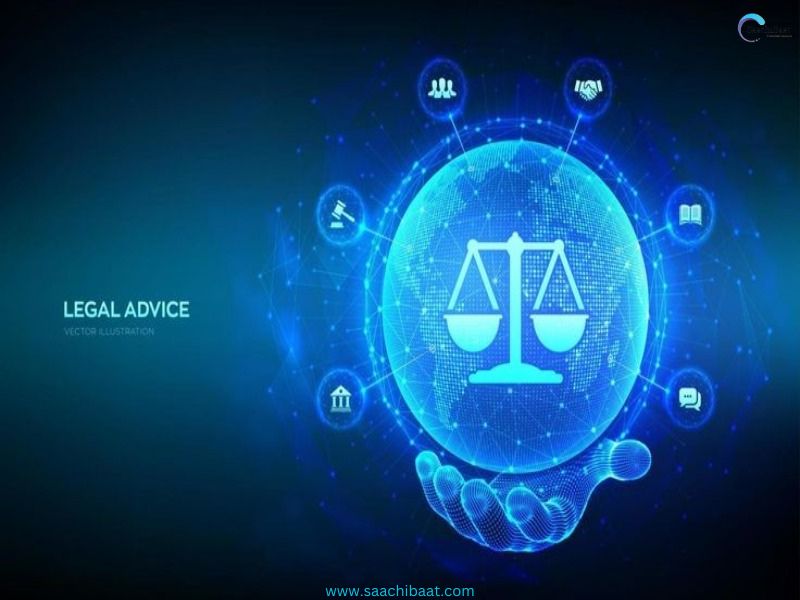The MEITY (Ministry of Electronics and Information Technology) recently issued an advisory
to several large platforms for regulating generative Artificial Intelligence (AI). The advisory
primarily targets large platforms and does not apply to startups.
MeitY stipulated that platforms must explicitly seek permission from the government to
operate in India and provide disclaimers and disclosures indicating that their platforms are
under testing. Big Tech firms building apps on AI will need to label their models as “under
testing”, which experts say is subjective and vaguely defined.
Global Efforts to Regulate AI
Japan’s Social Principles of Human-Human-Centricc AI manifests the basic principles of an
AI-capable society: human-centricity; education/literacy; data protection; ensuring safety; fair
competition; fairness, accountability and transparency, and innovation.
Europe’s AI Act was passed in December 2023 and has concrete red lines like prohibiting
arbitrary and real-time remote biometric identification in public spaces for law enforcement,
banning emotion detection, etc.
In November 2023, the ‘Bletchley Declaration’ by the AI Safety Summit called for,
to work together inclusively to ensure human-centric, trustworthy, and responsible AI that is
safe and supports the good of all through existing international fora and other relevant
initiatives.
India’s Efforts to Regulate AI
India took the following steps to Regulate AI:
1. The government of India recently enacted a new privacy law, the Digital Personal
Data Protection Act in 2023, which can leverage to address some of the privacy
concerns concerning AI platforms.
2. India is a member of the GPAI(Global Partnership on Artificial Intelligence) The 2023
GPAI Summit was recently held in New Delhi,
3. The National Strategy for Artificial Intelligence #AIForAll strategy, by NITI Aayog
Featured AI research and development guidelines.
4. In February 2021, the NITI Aayog released Principles for Responsible AI, an
approach paper.
Challenges and Measures of AI Regulation
India is facing several challenges such as:
1. Rapid Evolution of AI
2. Balancing Innovation and Safety
3. International Cooperation
4. Defining AI
India can take several steps for effective regulation :
1. Risk-Based Approach
2. Focus on Specific Use Cases
3. Human Oversight and Control
4. Focus on Transparency and Explainability
5. Multi Stakeholder Approach.
Way forward
Artificial Intelligence, a far greater force of either good or evil or both, AI needs to be
regulated. By acknowledging the potential dangers of AI and proactively taking steps to
mitigate them, we can ensure that this transformative technology serves humanity and
contributes to a safer, more equitable future.
References:
https://www.nextias.com/ca/editorial-analysis/15-03-2024/regulation-of-ai



